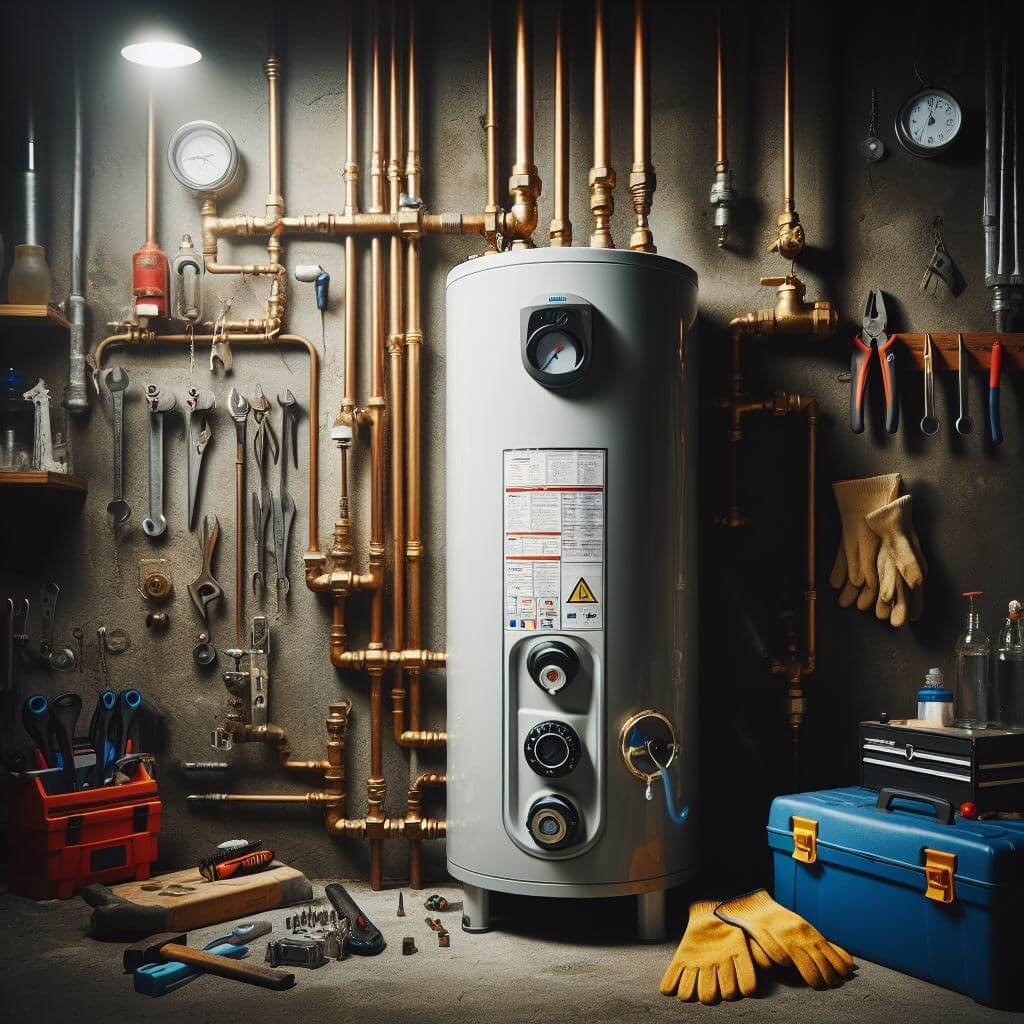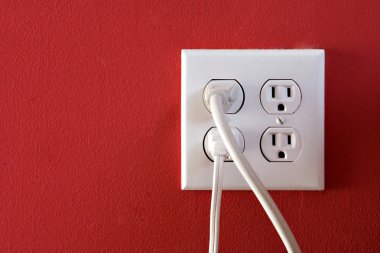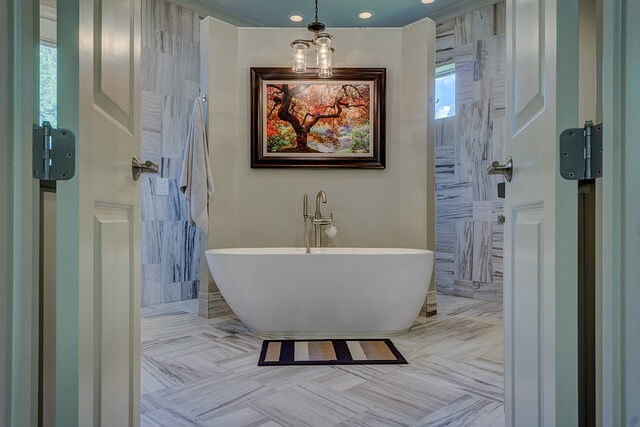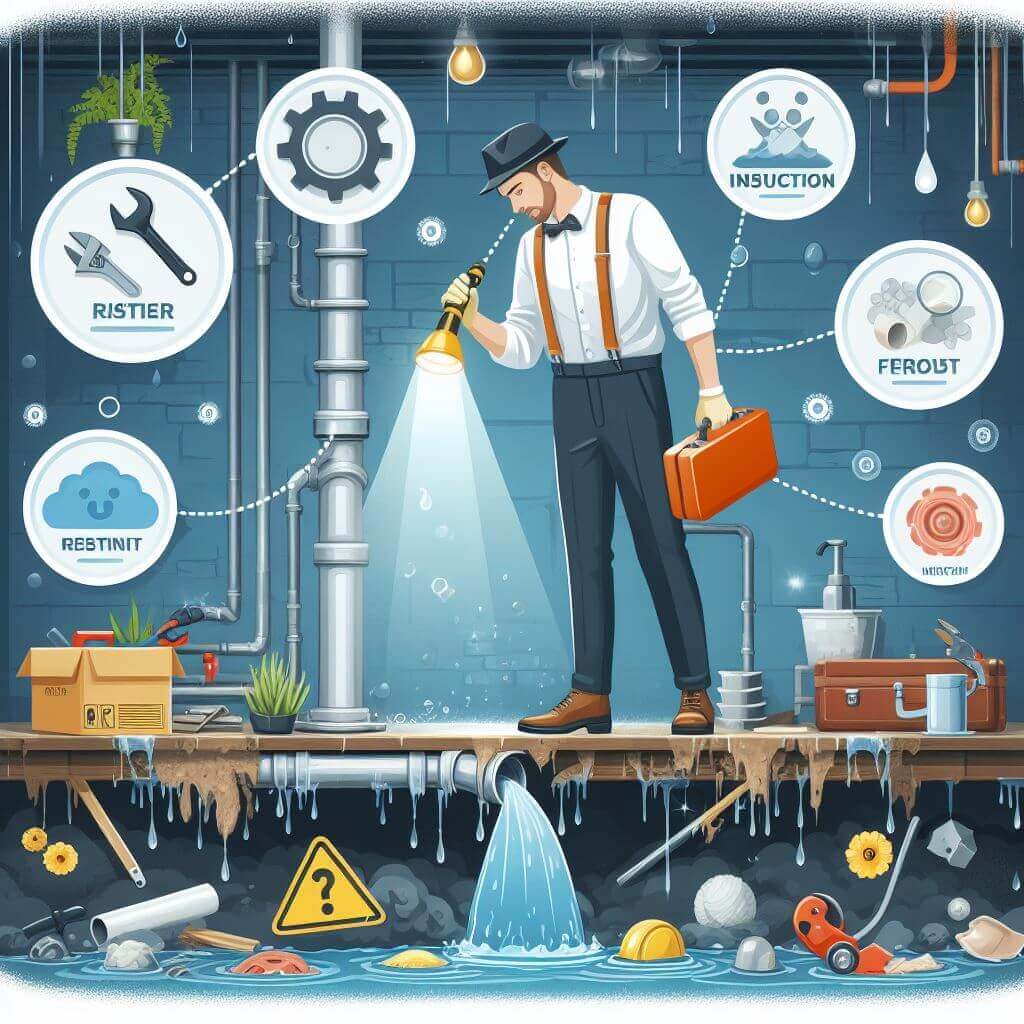How to Choose the Right Water Heater: A Comprehensive Buying Guide
Choosing the ideal home water heater is crucial for comfort and efficiency. With various options available, finding the best water heater for home use requires careful consideration of factors like energy efficiency, size, and type. In this guide, we’ll delve into selecting the perfect water heater for your needs, comparing tankless vs. tank water heaters, discussing gas vs. electric water heaters, and offering tips on sizing a water heater for home.
Understanding Water Heater Types: Tankless vs. Tank
When considering water heaters for your home, understanding the distinction between tankless and tank models is pivotal. Tankless water heaters, often referred to as on-demand heaters, work by heating water directly without the need for a storage tank. These units are ideal for smaller spaces or households looking for energy-efficient water heaters that provide hot water instantly. On the other hand, traditional tank heaters store and constantly heat a specific amount of water, making them suitable for larger households with higher hot water demands.
Transitioning from a tank to a tankless system might seem advantageous for energy efficiency. Tankless heaters don’t continuously heat water, which can result in lower energy consumption compared to their tank counterparts. However, the upfront cost of tankless vs. tank water heaters should be considered. While tankless models can save energy in the long run, they typically have a higher initial cost and might require specific installation considerations, like upgrading gas lines for gas-powered units or ensuring adequate electrical capacity for electric ones.
One major benefit of tankless water heaters, beyond their energy-efficient nature, is their space-saving design. These units are significantly smaller than traditional tank heaters, allowing for flexible installation in tight spaces like utility closets or under sinks. Moreover, their longer lifespan compared to tank models can be an attractive factor. Tankless units typically last longer, providing long-lasting home water heaters and potentially reducing replacement costs over time.
On the other hand, tank water heaters, while occupying more space, are generally easier to install and have a lower initial cost. They can adequately meet hot water demands for larger households without the need for multiple units. Furthermore, advancements in tank technology have introduced more energy-efficient options, such as improved insulation to minimize standby heat loss, making them a reasonable choice for those seeking a balance between cost and efficiency.
When deciding between tankless vs. tank water heaters, it’s crucial to consider your household’s specific hot water needs. If space is limited and instant hot water is a priority, a tankless model might be the better choice. However, for larger households with consistent hot water demands and cost considerations, a traditional tank heater could be a practical option. Evaluating factors like upfront cost, installation requirements, available space, and long-term energy efficiency aids in selecting the ideal home water heater for your specific circumstances.
Gas vs. Electric Water Heaters: Making the Right Choice
When considering the best water heater for home use, one of the critical decisions revolves around choosing between gas and electric water heaters. Gas-powered heaters use natural gas or propane to heat water, whereas electric models rely on electricity. Understanding the nuances between gas vs. electric water heaters can significantly impact your energy bills, upfront costs, and overall efficiency.
Transitioning from a conventional electric water heater to a gas-powered one might seem like a cost-effective move due to potentially lower operating expenses. Gas heaters often have lower operational costs, especially in regions where natural gas prices are relatively low. However, the initial cost and installation complexity of gas water heaters can be higher compared to their electric counterparts.
On the other hand, electric water heaters might have a higher operational cost per unit of energy but tend to have lower upfront costs and easier installation processes. They are generally more straightforward to maintain and can be installed in various locations within a home without needing a gas line, making them versatile options for different household setups.
Moreover, advancements in technology have brought about more energy-efficient electric water heaters, such as heat pump and hybrid models. These systems draw heat from the air or ground, making them highly efficient, especially in moderate climates. They offer a balance between energy efficiency and operational cost, providing a viable alternative for those seeking environmentally friendly and cost-effective hot water solutions.
Considering factors like your home’s existing infrastructure, local utility costs, available space for installation, and desired long-term efficiency is crucial when deciding between gas vs. electric water heaters. Gas heaters offer potentially lower operational costs but might require more upfront investment and specific installation requirements, while electric models are more versatile and cost-effective initially, with various advanced options for improved efficiency.
Ultimately, making the right choice between gas vs. electric water heaters hinges on understanding your household’s hot water needs, available budget, and long-term energy efficiency goals. Careful evaluation and consideration of these factors will guide you in selecting the perfect water heater that aligns with your preferences, budget, and household requirements.
Factors to Consider When Sizing Your Water Heater
When sizing a water heater for your home, several critical factors play into ensuring you have the right-sized unit to meet your household’s hot water demands. Understanding these aspects is crucial to avoid issues like insufficient hot water or unnecessary energy waste.
The size of your water heater directly correlates with the amount of hot water your household requires daily. Factors such as the number of bathrooms, appliances that use hot water, and the size of your family impact the longevity of high-capacity residential water heaters. A comprehensive approach involves calculating your peak hot water demand, considering when hot water is used the most, to determine the appropriate size for your unit.
Transitioning to a larger water heater than necessary might seem like a solution for ensuring ample hot water, but it could lead to energy waste and higher utility bills. Conversely, opting for a smaller unit to save space or money might result in insufficient hot water during peak usage times. Striking a balance between adequate capacity and energy efficiency is crucial for sizing a water heater for home.
Moreover, considering the type of water heater you’re installing is essential. For instance, tankless water heaters provide hot water on demand, so sizing them involves calculating the flow rate needed to meet your household’s simultaneous hot water needs. Conversely, traditional tank water heaters have a specific storage capacity, requiring an assessment of your hot water usage patterns to select the appropriate size.
Efficiency ratings of water heaters also factor into the sizing equation. Higher efficiency units, such as those with improved insulation or heat pump technology, might have different sizing requirements due to their ability to heat water more effectively or store it at higher temperatures.
To size a water heater for home accurately, consider consulting with a professional to assess your household’s specific needs. Professional plumbers or contractors can conduct a thorough evaluation, considering your hot water usage patterns, household size, and preferred type of water heater, ensuring you select a unit that meets your needs without unnecessary waste or inefficiency.
Energy Efficiency and Environmental Impact
Considering the energy efficiency and environmental impact of your chosen water heater is not only beneficial for your utility bills but also for reducing your carbon footprint. Opting for energy-efficient water heaters contributes positively to both aspects, aligning with eco-conscious choices and potentially lowering long-term costs.
Transitioning to energy-efficient models, such as tankless water heaters or hybrid heat pump units, can significantly reduce energy consumption. These systems operate more efficiently by heating water only when needed, minimizing standby heat loss commonly seen in traditional tank heaters. This proactive approach contributes to environmentally friendly home hot water solutions.
Moreover, understanding the environmental impact of various water heater types aids in making informed decisions. While traditional gas water heaters might offer fast heating, their reliance on fossil fuels raises concerns about greenhouse gas emissions. Conversely, electric water heaters, especially those powered by renewable energy sources like solar, significantly reduce carbon emissions.
Additionally, implementing simple practices like adjusting the temperature settings on your water heater can contribute to both energy efficiency and reduced environmental impact. Lowering the temperature can save energy without compromising comfort, while regular maintenance, such as flushing out sediment and insulating hot water pipes, enhances the system’s efficiency and reduces overall energy consumption.
Furthermore, exploring government incentives or rebates for energy-efficient water heaters can be financially beneficial. Many regions offer incentives to encourage the adoption of eco-friendly appliances, providing an added advantage for homeowners looking to invest in energy-saving water heating appliances.
Ultimately, the decision to prioritize energy efficiency and consider the environmental impact of your water heater aligns with a sustainable and cost-effective approach. By selecting options that minimize energy waste, reduce emissions, and utilize renewable energy sources, you not only contribute to a healthier environment but also enjoy long-term savings on utility bills.

Installation and Maintenance Tips
Ensuring the proper installation and ongoing maintenance of your home water heater is crucial for its efficiency, longevity, and safety. Following a few essential tips can significantly impact the performance and durability of your system, saving you from potential issues down the line.
During the installation process, engaging a professional plumber or technician can make a substantial difference in the maintenance of residential water heaters. A certified expert ensures proper connections, accurate sizing, and adherence to local codes and safety standards, guaranteeing a safe and efficient installation.
Regular maintenance is key to extending the lifespan of your water heater. Implementing a maintenance checklist, including tasks like flushing out sediment buildup, inspecting and testing the pressure relief valve, and checking for leaks, ensures optimal performance. Regular checks contribute significantly to long-lasting home water heaters.
Moreover, monitoring the system’s temperature settings plays a pivotal role in its efficiency and safety. Setting the temperature to a safe yet efficient level prevents overheating, reduces energy waste, and minimizes the risk of scalding. It’s an essential aspect of maintenance for extending the lifespan of your water heater while ensuring safety for household members.
Periodic inspections by professionals can catch potential issues early on, preventing more significant problems and costly repairs. A professional plumber can identify any leaks, corrosion, or malfunctioning parts, allowing for timely repairs or replacements, contributing to the overall maintenance of household water heating devices.
Investing time and effort in the proper installation and ongoing maintenance of your home water heater pays off in the long run. Engaging professionals for installation, adhering to a regular maintenance checklist, monitoring temperature settings, and scheduling periodic inspections are fundamental practices for a well-functioning and durable water heating system.
Warranty Considerations and Temperature Control
Considering the warranty options when purchasing a water heater is essential for safeguarding your investment and ensuring long-term peace of mind. Different manufacturers offer various warranty coverages, so understanding these aspects can significantly impact your decision-making process.
Exploring warranties for residential hot water units involves assessing both the duration and coverage offered. Longer warranties often indicate the manufacturer’s confidence in their product’s durability. Opting for extended warranties covering both parts and labor can provide comprehensive protection, minimizing unexpected expenses for repairs or replacements.
Furthermore, understanding the terms and conditions within the warranty is crucial. Some warranties might have specific requirements, such as regular maintenance by certified professionals, to remain valid. Complying with these conditions ensures the warranty remains effective, contributing to the overall longevity of high-capacity residential water heaters.
Temperature control in water heaters plays a significant role in both comfort and efficiency. Adjusting the temperature settings on your water heater to a suitable yet efficient level is essential. Lowering the temperature not only reduces the risk of scalding but also saves energy and contributes to optimal performance of household water heating units.
Regularly checking and adjusting the temperature settings ensures that your water heater operates efficiently without overheating the water unnecessarily. This practice aligns with both safety measures and cost-effective usage, making it a critical aspect of choosing the right warranty and ensuring the longevity of your water heater.
Your Perfect Home Water Heater Awaits
In conclusion, selecting the ideal domestic water heater involves weighing various factors like type, size, and efficiency. Whether you prioritize energy-saving water heating appliances or seek optimal performance of household water heating units, this guide equips you with the knowledge to make an informed decision. Invest wisely for a comfortable and efficient home water heating experience.





